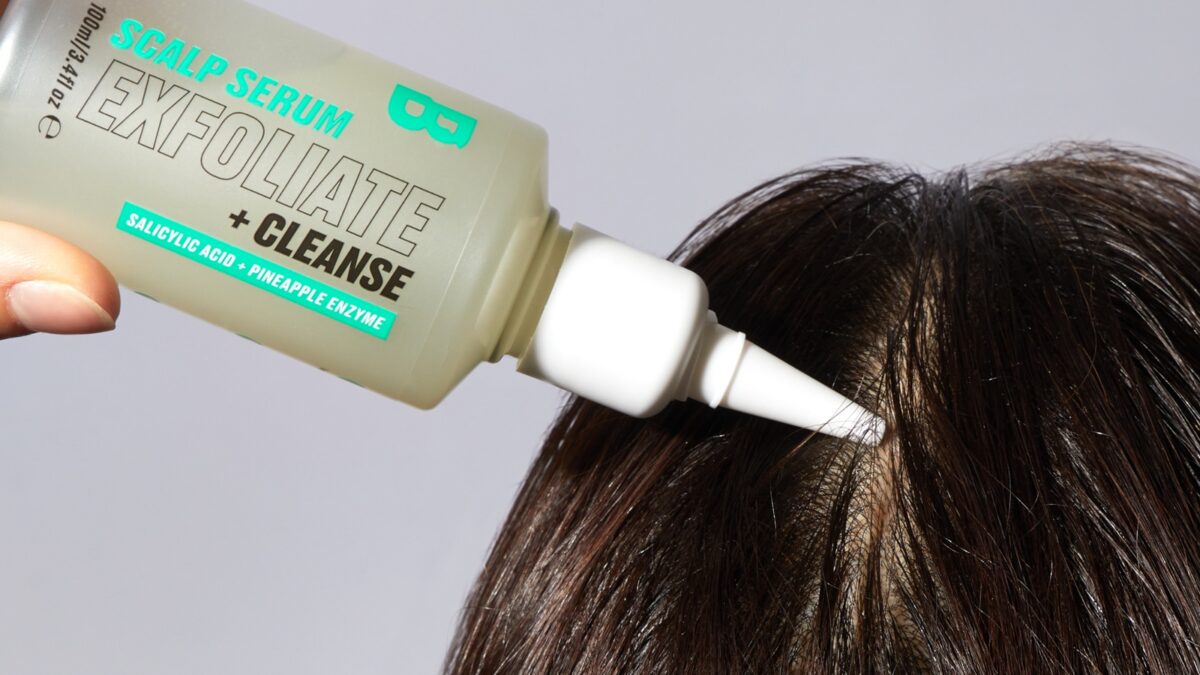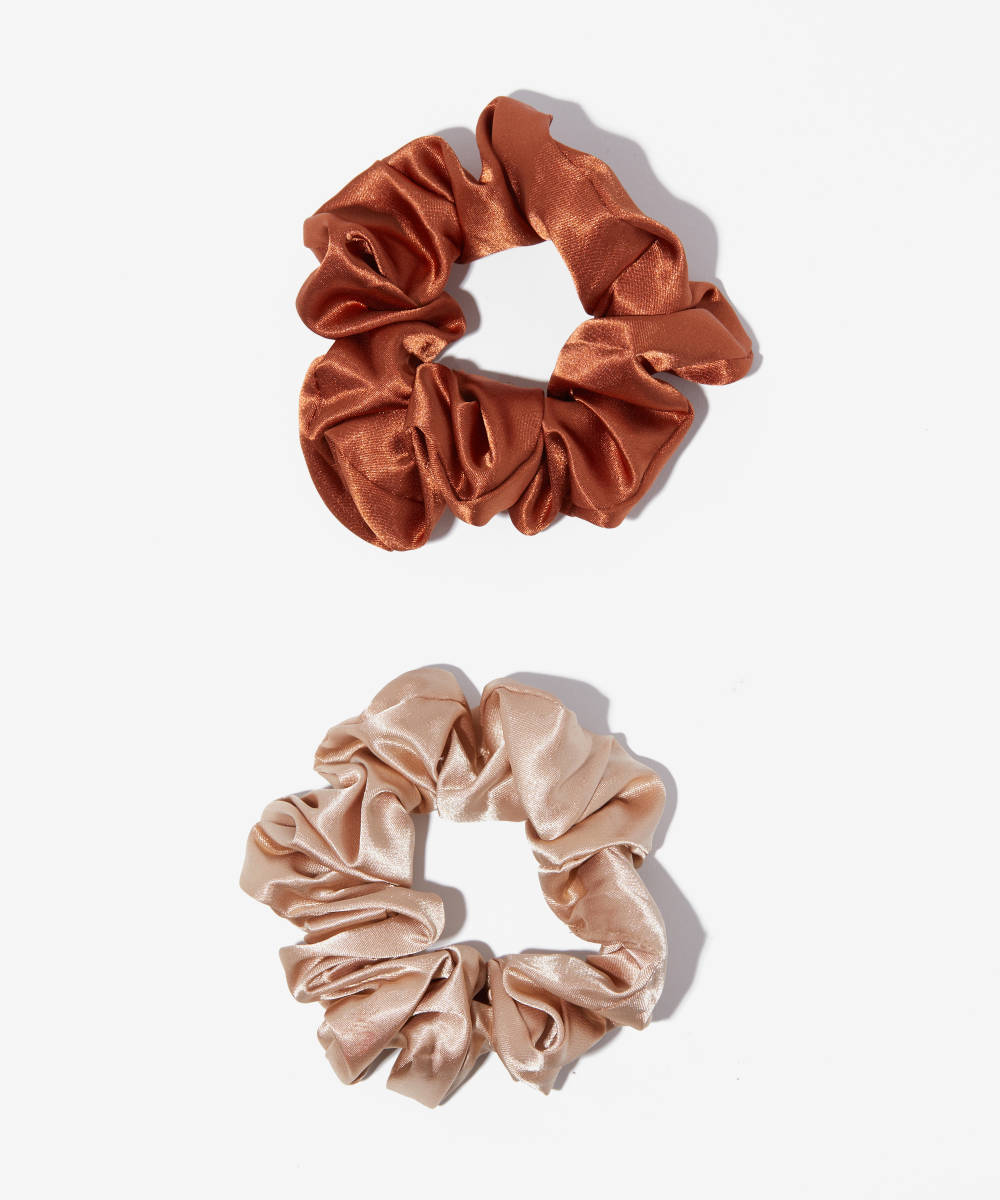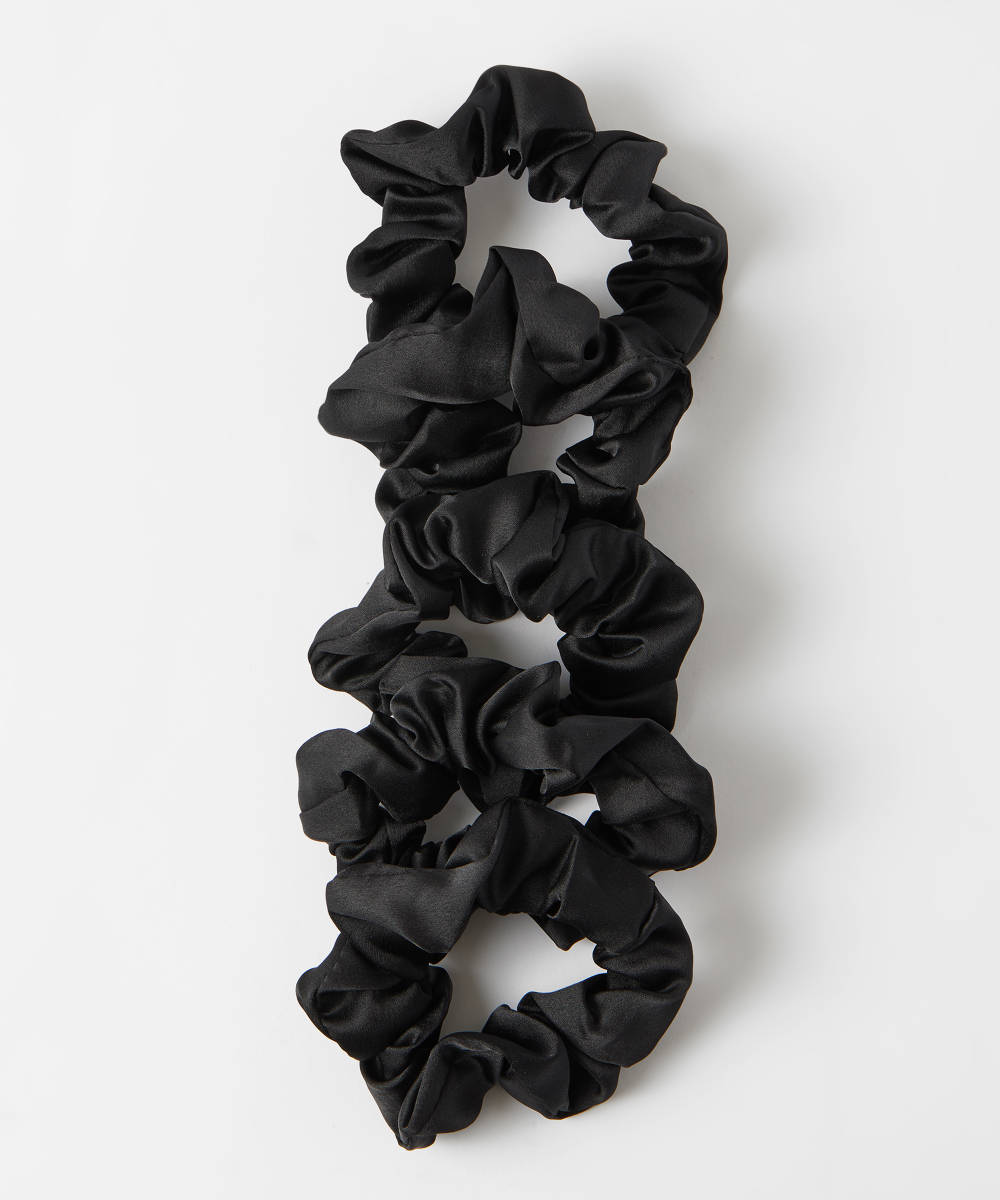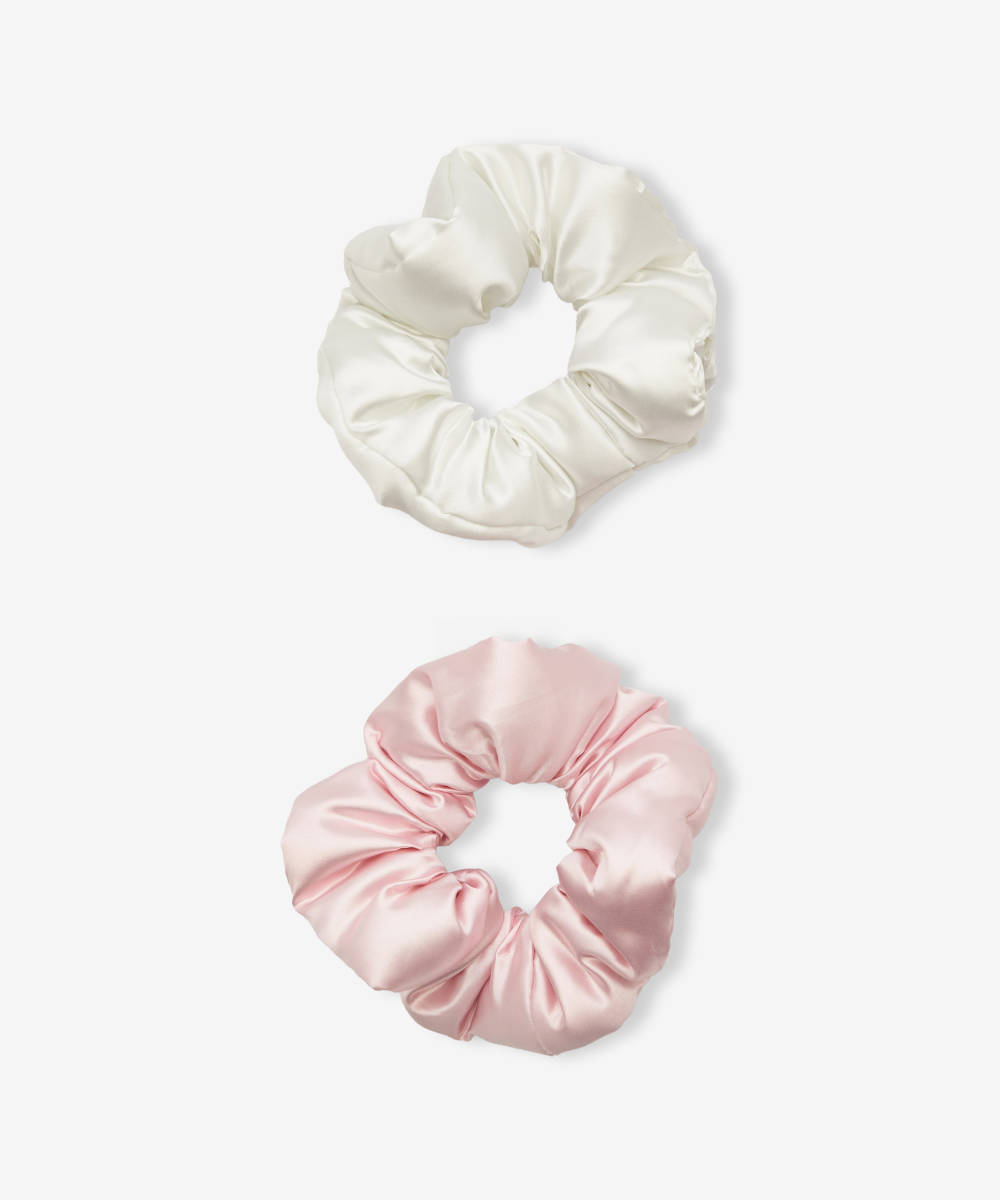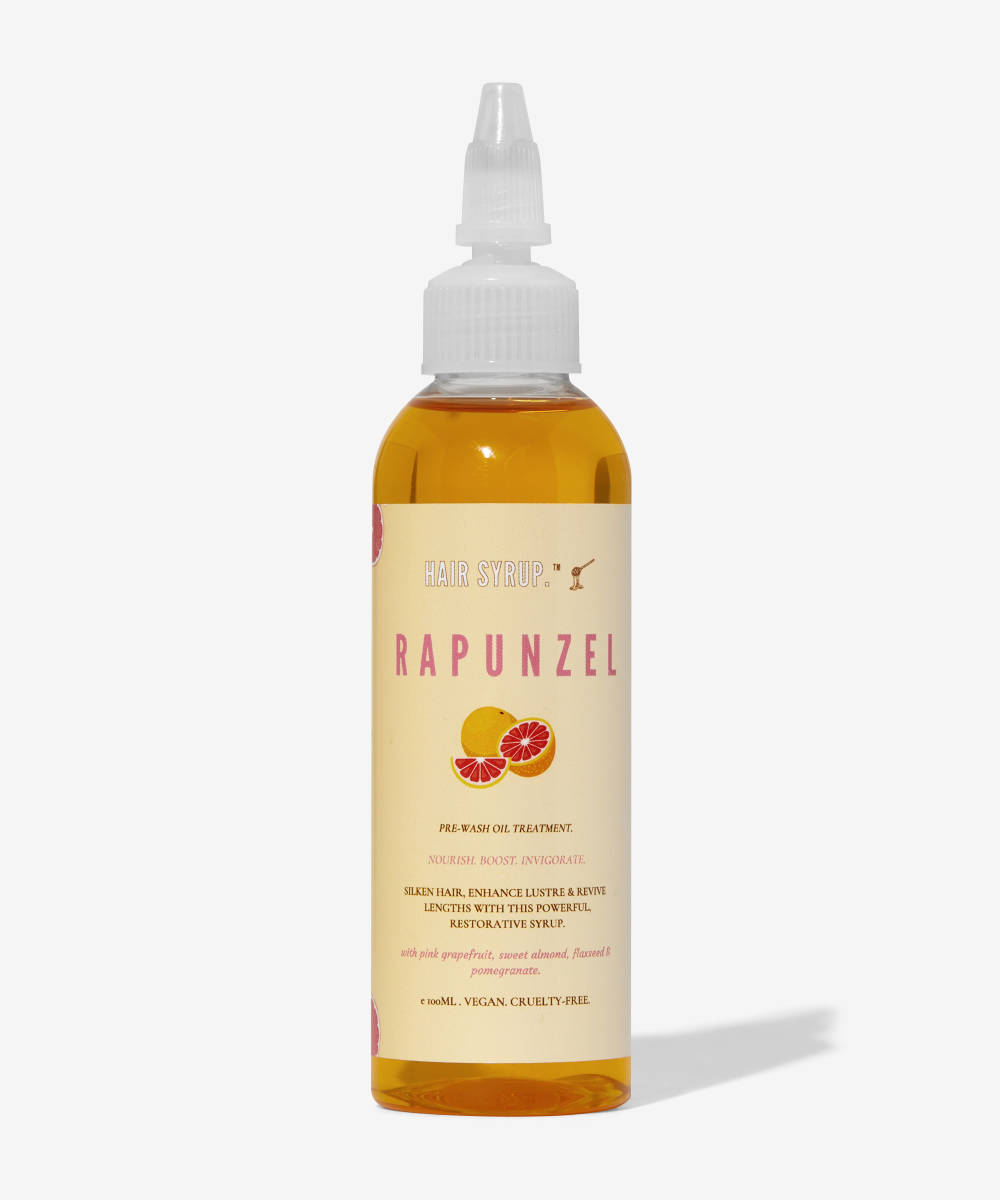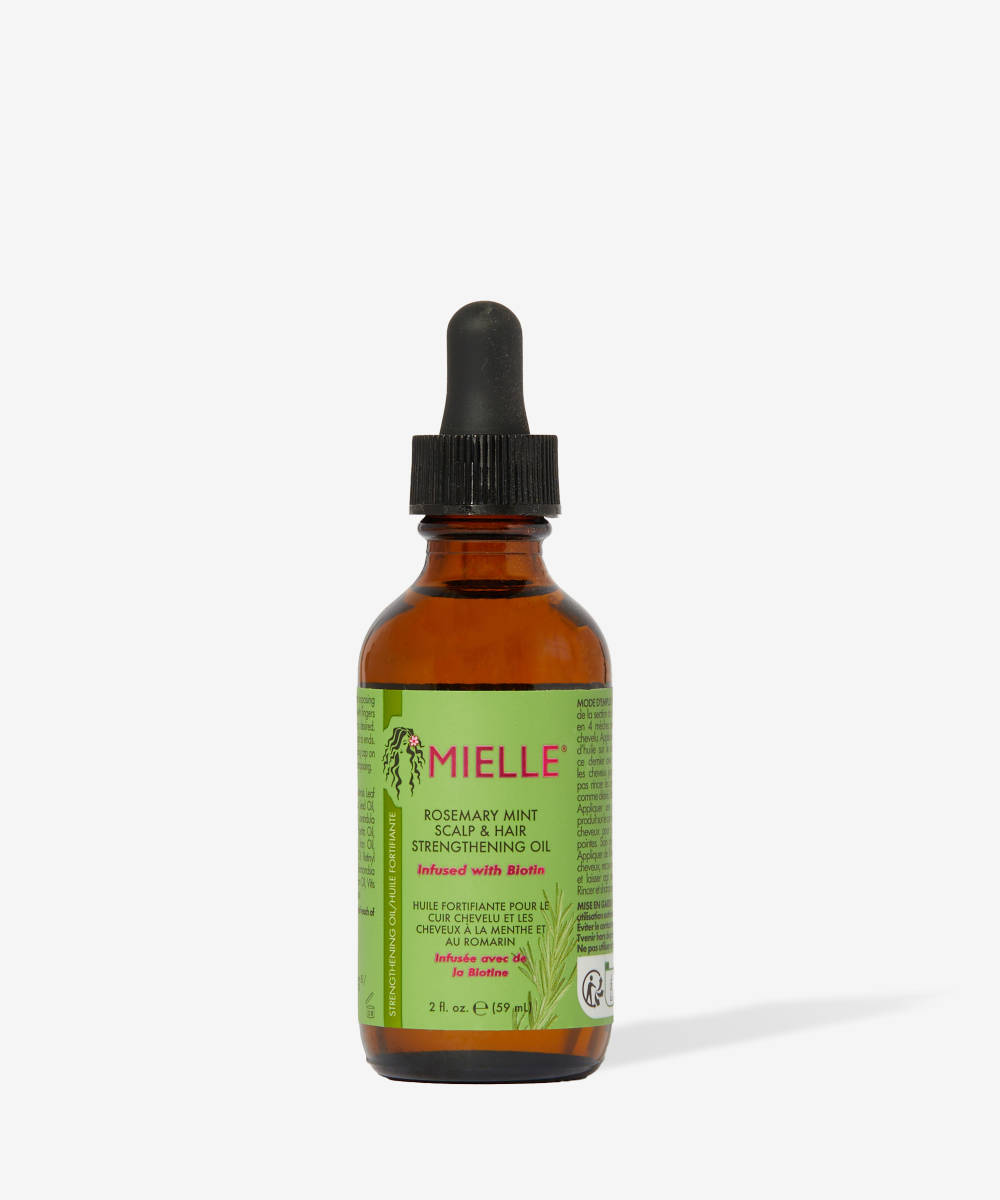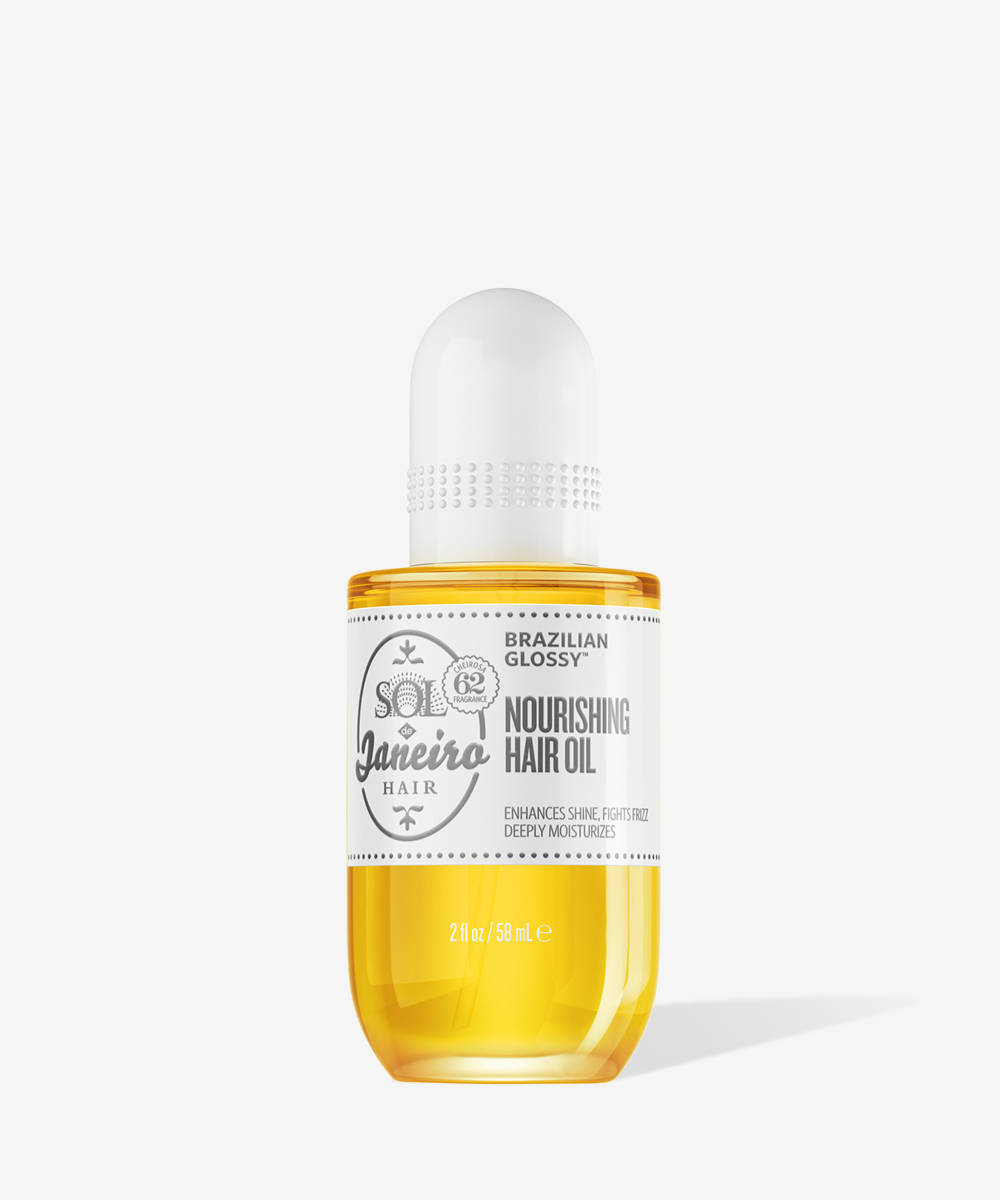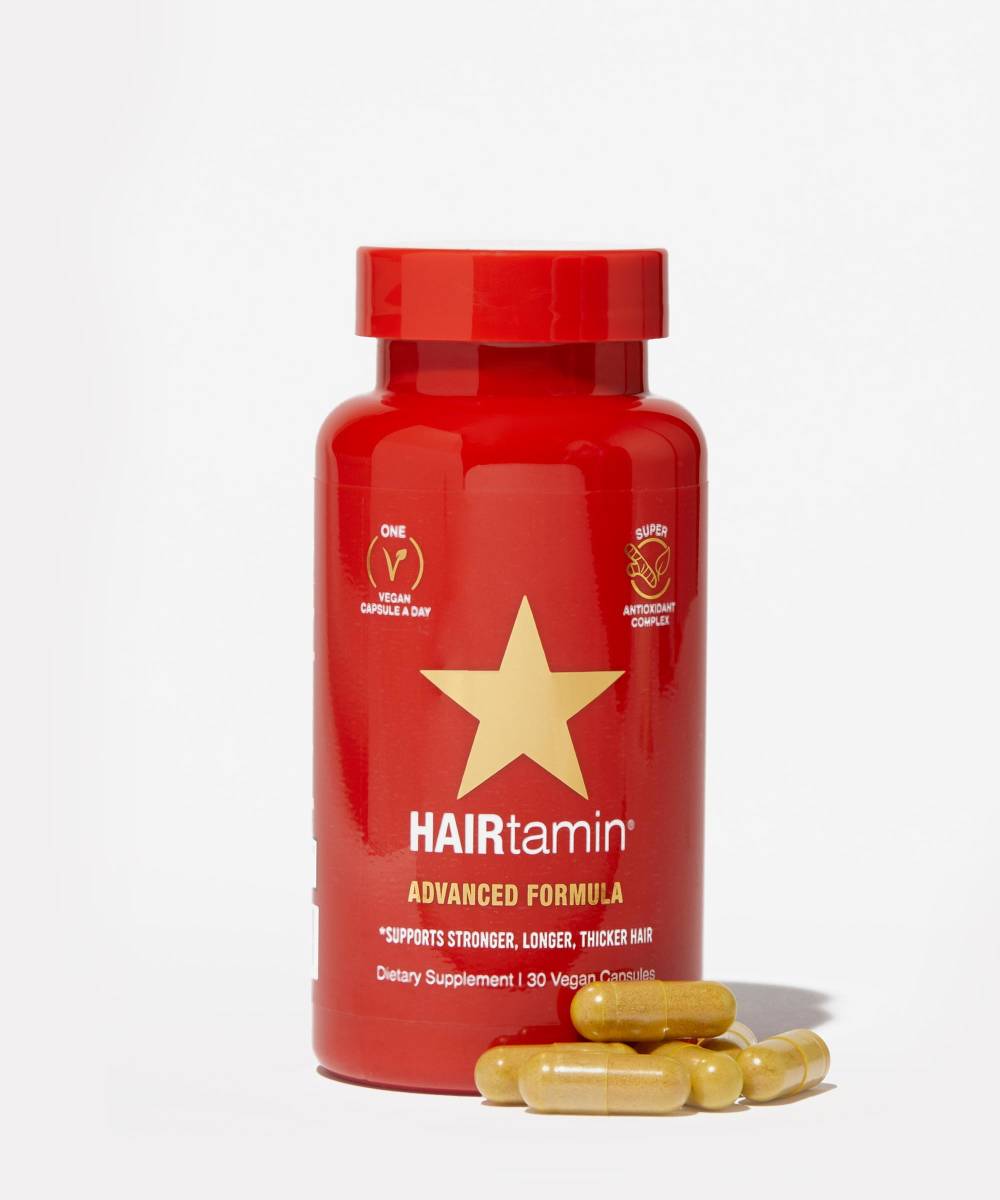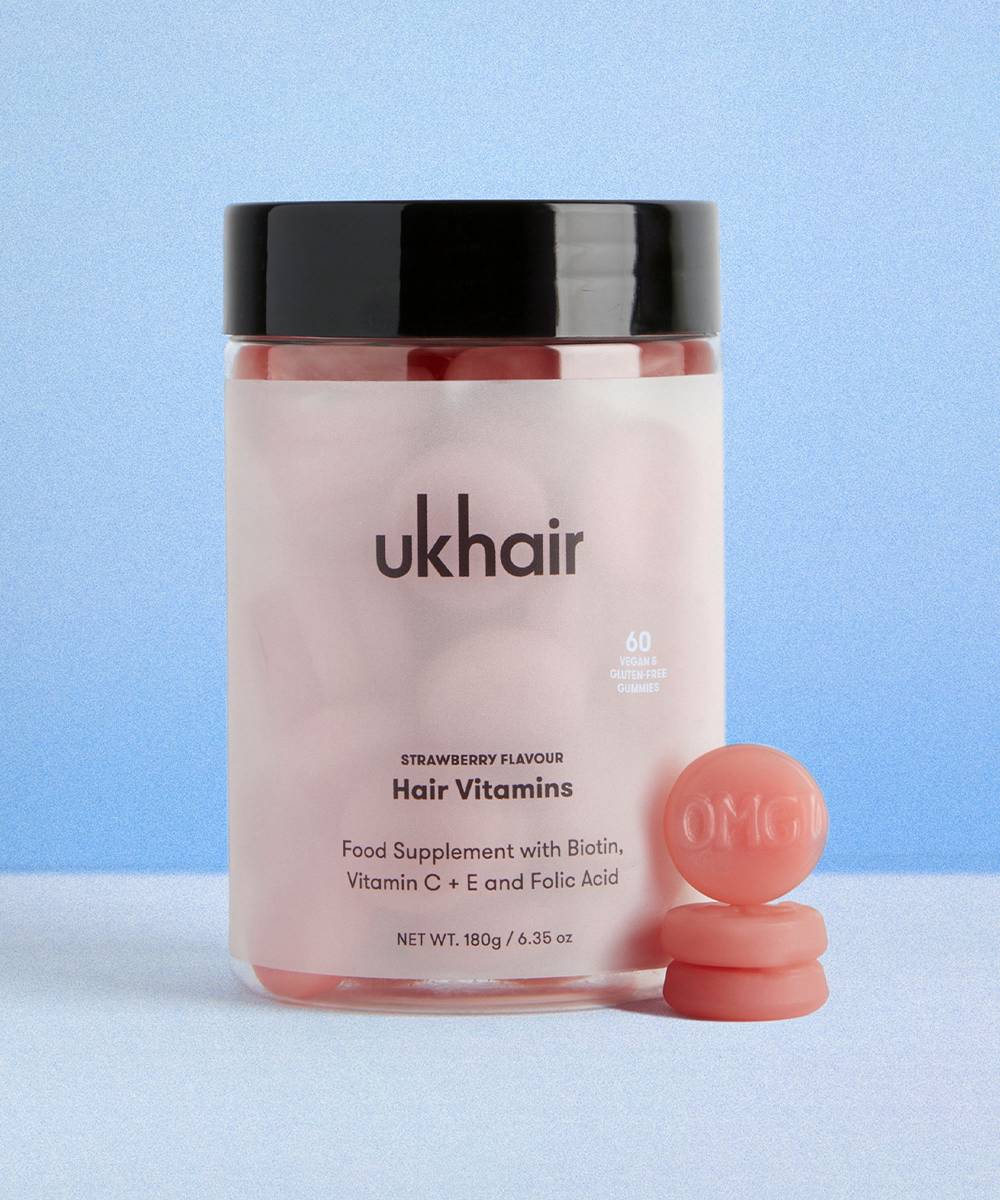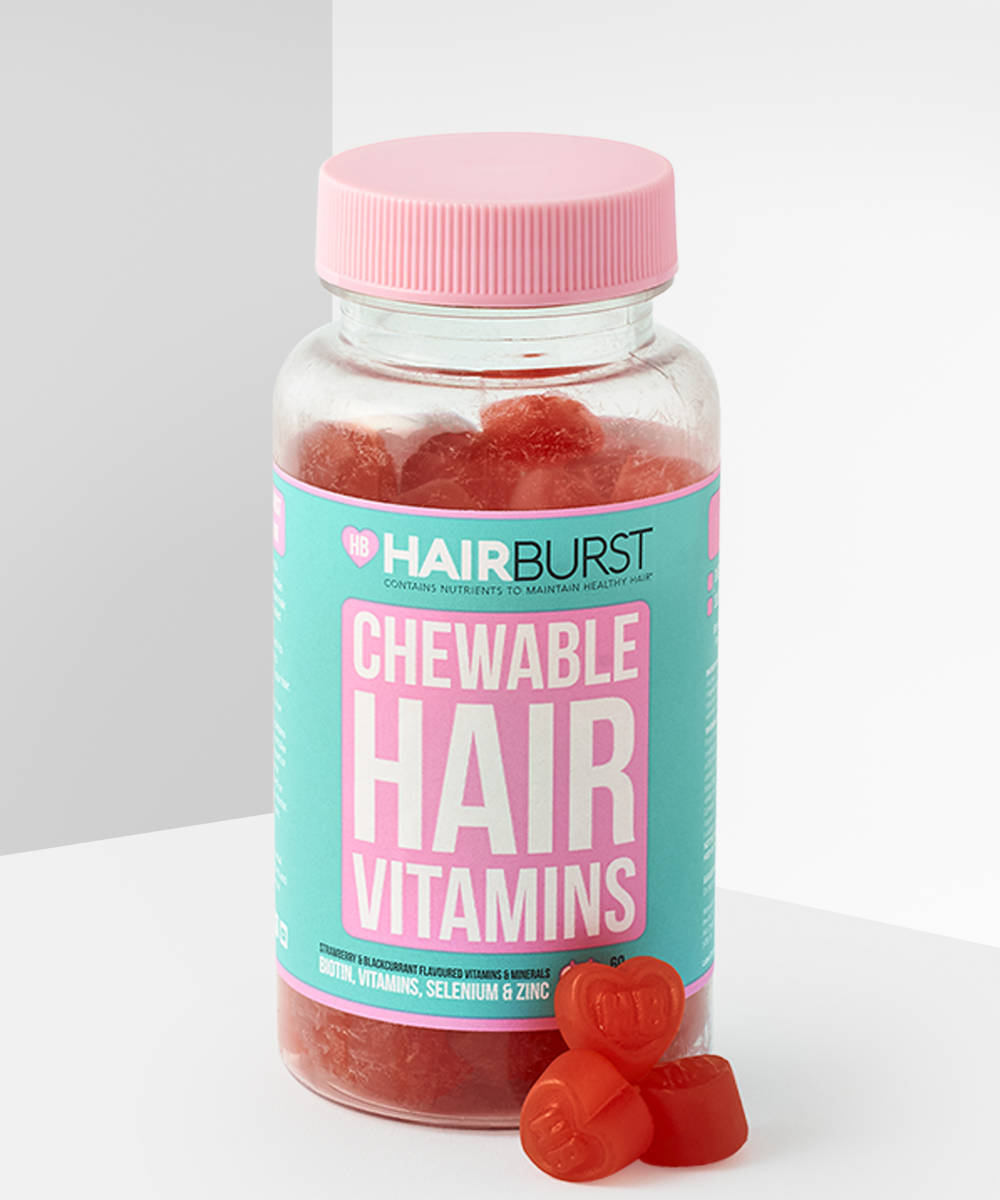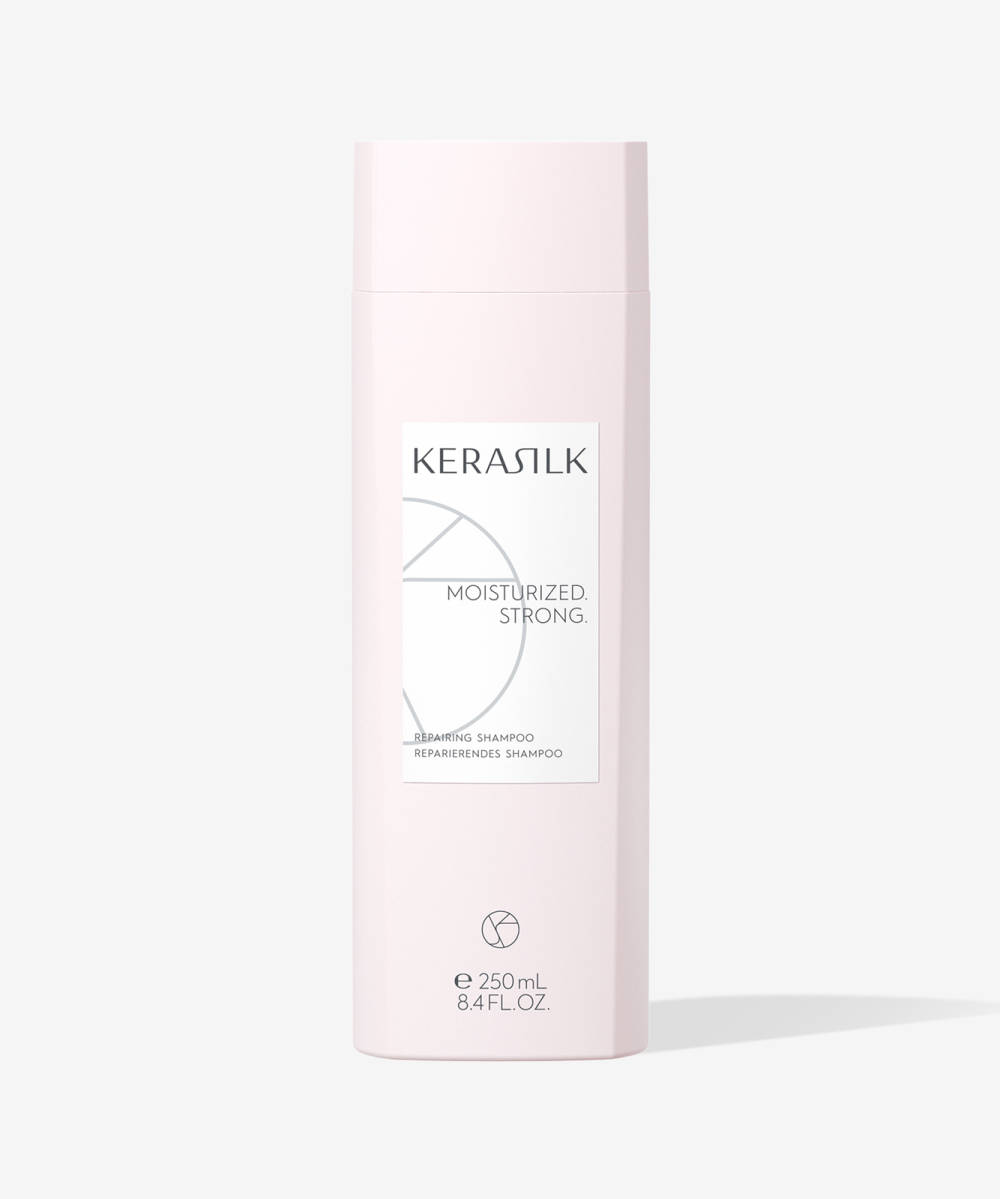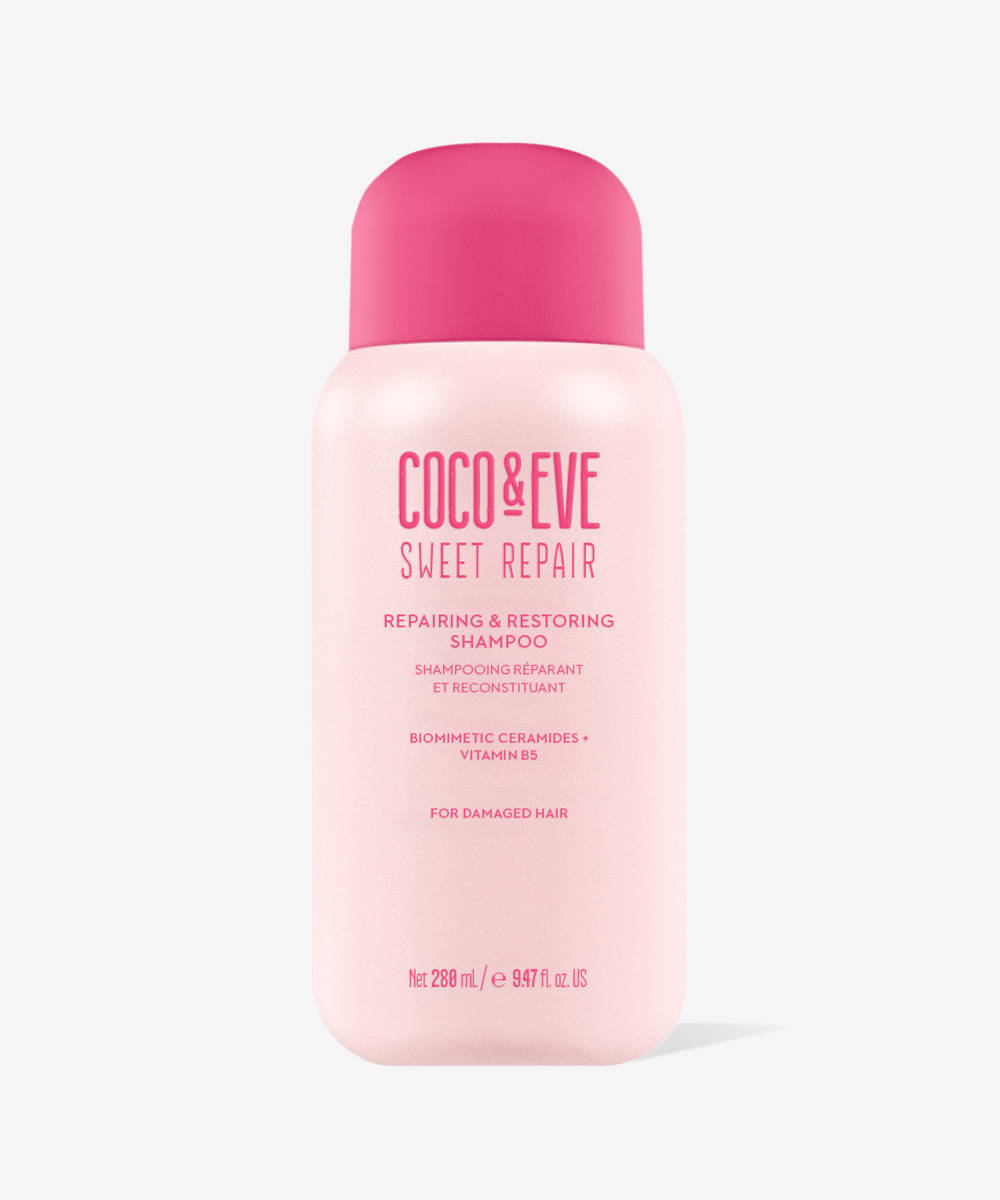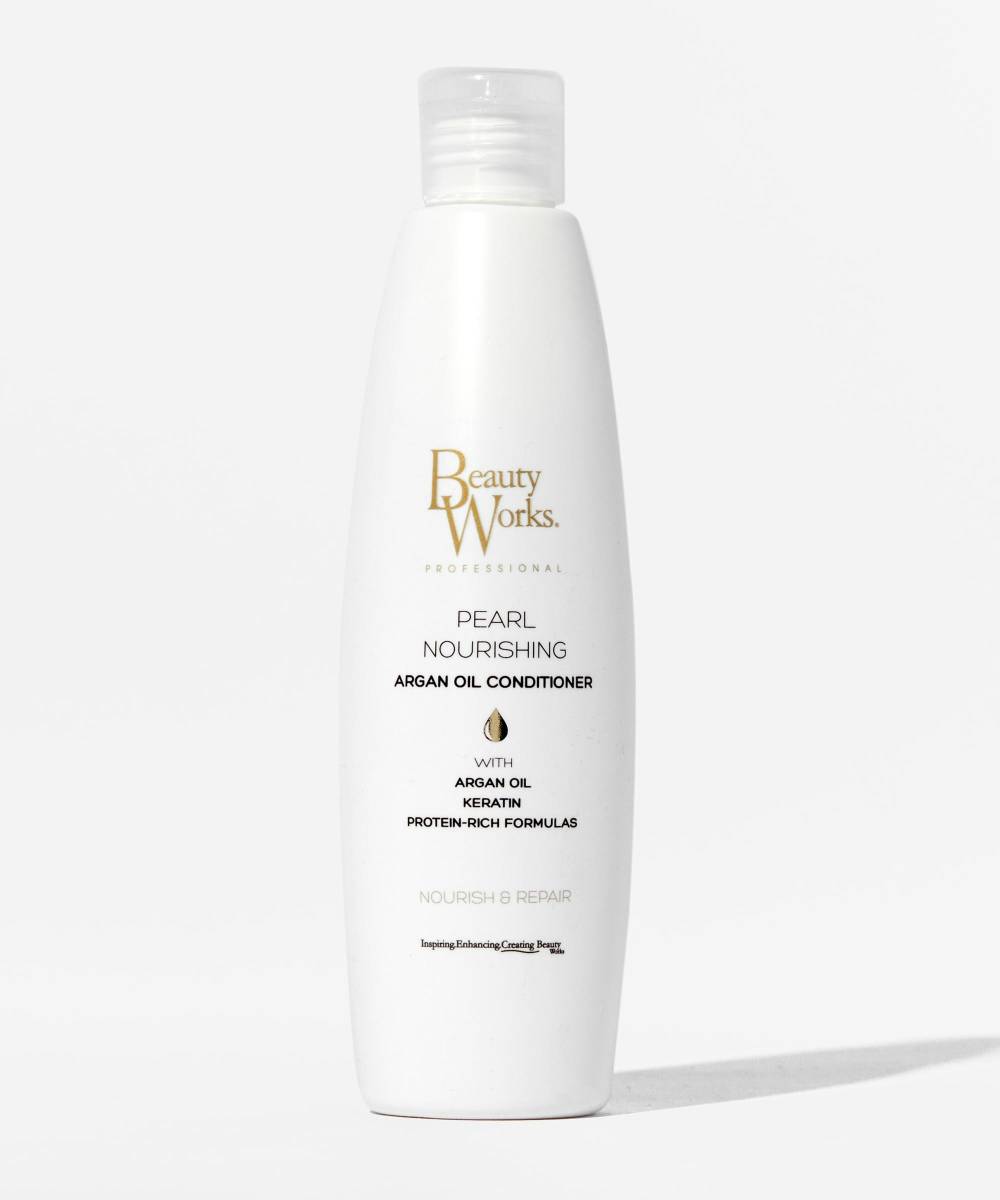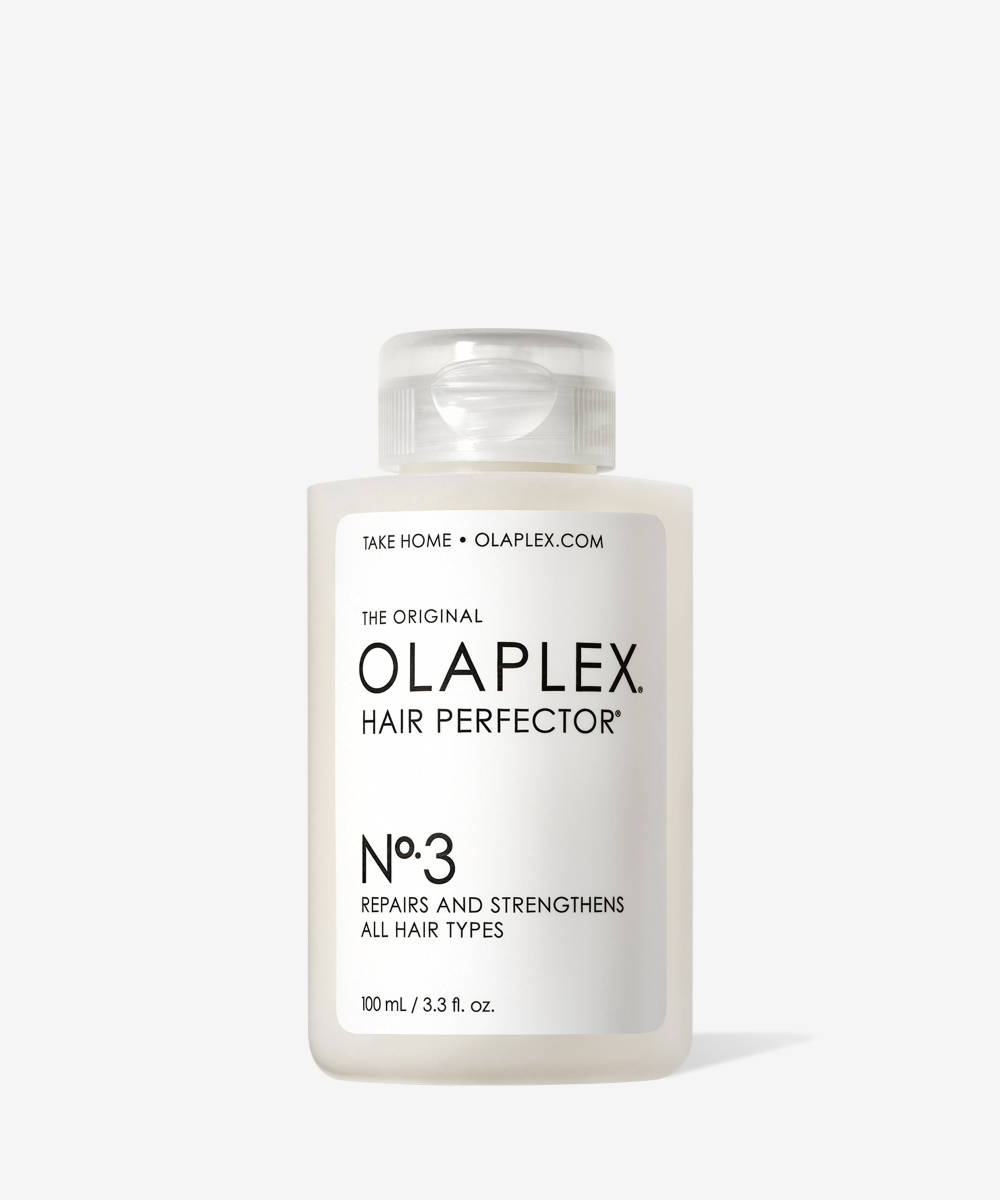Hair loss is super common and can happen to people for a wide variety of reasons – genetics, hormones, stress, and hair tools are just a few things that can result in thin, damaged hair and prevent hair growth. Wondering how to grow hair faster? You’re not alone. The good news is, with the right tips, tricks, and the best hair growth products, you can help stimulate hair growth and achieve thicker hair. If you’ve been searching for how to make your hair grow, you’ll know that there’s a lot of misinformation out ther. That’s why we decided to call in the experts to debunk some hair loss myths and set the record straight.
Keep scrolling for the insights from hair expert and OLAPLEX educator Nicole Taft and Nikita Mehta, hair expert and co-founder of Fable & Mane, along with our top tips and products for hair growth.
Our Top Tips For Helping Your Hair Grow
According to Mehta, poor nutrition, stress, certain medications, smoking, ageing, pollution, sun exposure, and chemical treatments can all impact hair growth. While your first thought might be to stock up on hair-boosting staples to combat this, there are a few lifestyle changes you can implement to set you on the path to longer, stronger strands. Keep scrolling for our tried and tested top tips for helping hair growth.
1. Get regular trims – It might sound counteractive, but trimming your hair regularly helps with growth by preventing split ends and damage from spreading up your hair. Split ends can cause breakage, making your hair appear thinner and preventing it from reaching its lusciously long potential.
2. Use hair masks for deep conditioning – Hair masks work to nourish and strengthen your hair. They are often packed with ingredients like coconut oil, avocado, or argan oil which are great for moisturising the scalp and strands, helping to reduce dryness and breakage. For the best results, “Use a hair mask once a week to repair damage caused by styling and improve manageability, shine and softness,” Mehta recommends.
3. Incorporate scalp massages – Gently massaging your scalp for 5-10 minutes a day can boost blood circulation and help stimulate hair follicles. Improved circulation encourages healthier, stronger hair growth by delivering more oxygen and nutrients to the hair roots. “Keeping your scalp in good condition means that your hair will be in better condition, so treating your scalp and hair will help the overall condition of both,” says Taft.
4. Avoid over washing your hair – Washing your hair too often can strip away natural oils, leading to dryness and damage. These oils are crucial for maintaining a healthy scalp and keeping hair moisturised. Aim to wash your hair every two to three days, and use sulphate-free shampoos that are gentler on the scalp and help retain moisture. Mehta also advises, “When towel drying, try not to rub vigorously but gently blot an absorbent towel around your hair instead” and “don’t brush hair from roots to tips when hair is wet, as this will cause the hair to break” adds Taft.
5. Protect your hair from heat and styling damage – Minimise the use of heat styling tools such as straighteners, curling irons, and blow dryers, as excessive heat can weaken your hair and cause breakage. “Using hair tools at a very high temperature will cause damage so it’s vital to use a heat protective product before blowdrying,” says Mehta. It’s also a good idea to avoid tight hairstyles that put tension on the hair, as this can lead to hair loss over time.
Our favourite hair growth products
When it comes to achieving healthy, long locks, the right tools and products can make all the difference. From nourishing oils that stimulate growth to gentle hair ties that prevent breakage, we’ve rounded up our holy grail haircare to help your hair grow stronger and faster.
The best gentle hair ties to help hair growth
Having a gentle hair tie to hand can help lengthen your locks by minimising the damage and breakage caused by tighter, rougher hair accessories. Traditional elasticated hair bands can tug, pull, and create tension on the hair, which can lead to split ends and hair loss over time. Instead, opt for gentle hair ties made from soft materials like silk as these will reduce friction and pressure on your hair, preventing unnecessary breakage and preserving the length of your hair.
The best hair oils for hair growth
Trending on TikTok and for good reason, hair oils are a game-changer when it comes to promoting hair growth. Packed with essential nutrients like fatty acids, antioxidants, and vitamins, they nourish the scalp, strengthen hair follicles, and lock in moisture to prevent breakage. Oils like castor, argan, and rosemary are known to stimulate blood circulation to the scalp, boosting growth and creating the perfect environment for longer, healthier strands. Whether you’re dealing with dryness, damage, or just looking to speed up growth, the right hair oil can transform hair in need of a boost.
The best supplements to help hair growth
If you love a low maintenance hair hack, you’re going to want to jump on the supplement hype. Formulated with key hair-boosting nutrients like zinc, biotin, and collagen, supplements can strengthen hair follicles, improve scalp health, and support overall hair structure. “Strengthening the hair from the inside out is really important,” says Taft. Damaged hair is more likely to fall out prematurely, leading to the appearance of thinner locks. By filling any nutritional gaps, these targeted supplements can speed up hair growth and reduce breakage. However, Taft reminds us that supplements and other hair-boosting products “will only be a temporary solution, the thickness of our hair is determined at birth.”
The best shampoos and conditioners for hair growth
The right shampoos and conditioners can work wonders for hair growth by cleansing and nourishing your strands without stripping away essential oils. Look out for products formulated with ingredients like biotin, keratin, and natural botanicals, as these will not only strengthen your hair but also stimulate the scalp and encourage hair growth. It’s also a good idea to choose sulphate-free options as these will hydrate and protect your tresses, while preventing breakage and damage. With regular use, the best shampoos and conditioners will revitalise your hair, leaving it feeling (and looking) strong and shiny.
The best hair treatments to help hair growth
Hair treatments are a must for anyone looking to boost hair growth and enhance overall hair health. From deep conditioning masks to revitalising serums, these treatments deliver concentrated nutrients directly to the hair and scalp, nourishing the follicles and repairing damage. Taft advises using OLAPLEX No. 3 once a week to help strengthen hair from the inside out. “This has bond building technology that will help keep the hair in good condition and help prevent further damage to the hair also.” Regular use of targeted hair treatments like this can transform brittle, lifeless hair into vibrant, healthy locks, setting the stage for impressive growth and shine.
FYI: This article was previously published at an earlier date and has since been updated.
